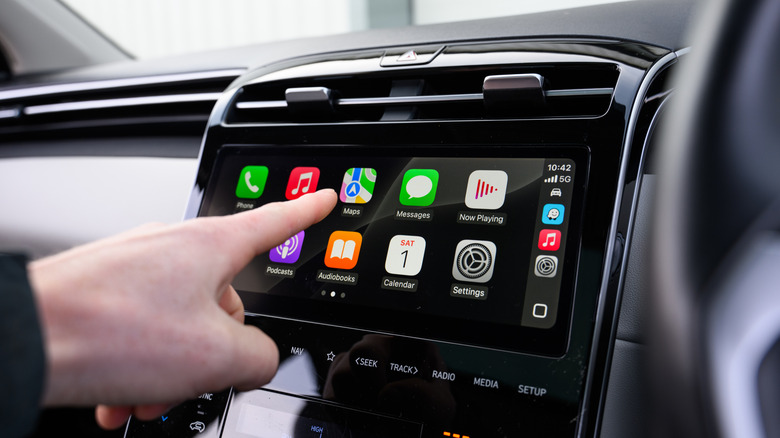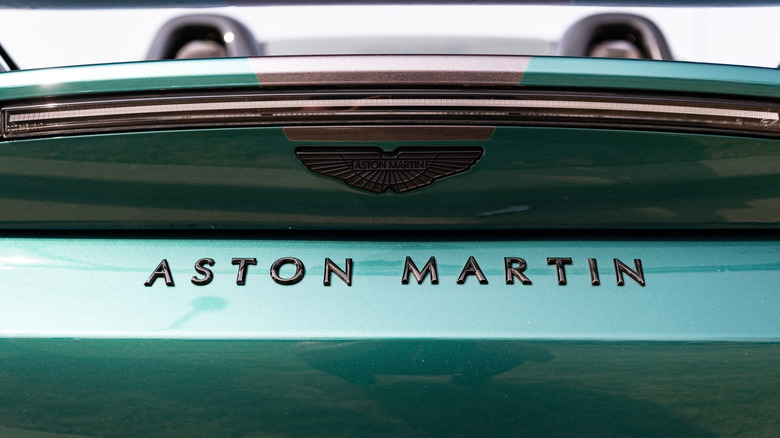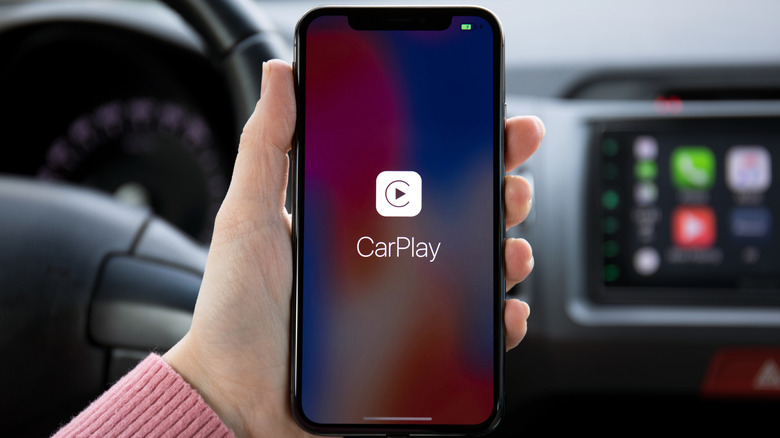Why Are Car Brands Skipping Apple CarPlay Ultra?
Apple officially started rolling out its next-generation in-car software system, CarPlay Ultra, in May 2025, promising a more immersive and deeply integrated user experience. However, it appears many major brands in the automotive industry are reluctant to support the tech giant's push for its Apple CarPlay successor. Audi, Mercedes-Benz, Polestar, Renault, and Volvo have already confirmed that they are skipping this software update.
The automakers rejecting CarPlay Ultra appear wary of giving full control of their infotainment systems and other car features to the Cupertino giant. The new in-car software is designed to take over the instrument cluster. So, apart from projecting an iPhone interface onto the dashboard screen, drivers will be able to view real-time vehicle data, like fuel levels and tire pressure, via Apple's software. They can also control the heating and air conditioning, as well as the audio configurations and settings inside the car. While this level of integration may seem convenient for users, it doesn't sit well with the car brands.
While it's common to hear modern cars featuring Apple CarPlay and Android Auto on their dashboard screens, many carmakers have also invested heavily in their own infotainment systems. Some even view theirs as potential revenue streams, selling navigation subscriptions and connected services. The Volkswagen Group has even created its own app store for exclusive and third-party apps. It's safe to say that some brands are just securing their future income from their proprietary software.
Which brands said yes to CarPlay Ultra thus far
Although many automakers are skipping Apple's CarPlay Ultra, some brands have opted to embrace it. Aston Martin was the first to adopt the software update for its new vehicles in the North American market, including the 2025 Aston Martin Vantage. Genesis, Hyundai, and Kia have also committed to bringing the new in-car software to their vehicles, with Apple's vice president of Worldwide Product Marketing, Bob Borchers, confirming more brands are coming.
We have since learned that Porsche and Jaguar Land Rover are part of the lineup, with Porsche chief designer Michael Mauer telling the Financial Times that they are adding support for CarPlay Ultra in future models. Meanwhile, Jaguar Land Rover is still in the process of evaluating the software. It's not clear how these brands will implement CarPlay Ultra in their infotainment systems, but Apple already teased custom themes and distinct design attributes for each automaker through collaborative efforts between its team and each automaker.
Unlike the brands that rejected the next-generation CarPlay, the automakers that agreed to provide support are likely hedging their bets by offering CarPlay Ultra to meet consumer demand while simultaneously investing in their systems. This, of course, is understandable, especially if you consider that almost half of the respondents to a 2023 McKinsey survey said they would refuse to buy a car without Apple CarPlay, while 85% said they prefer Apple's software over stock infotainment systems.
CarPlay vs. CarPlay Ultra: What's the difference?
Standard Apple CarPlay, which is entirely free, has been a very popular car feature among drivers for years. The software works by allowing the iPhone to mirror functions, like maps, music, messages, and calls, onto the dashboard's infotainment screen. Therefore, it does not technically give users real control over the car's system; instead, it simply acts like a projector. Still, many people are drawn to it, increasing the demand for vehicles with CarPlay support. This explains why 98% of new cars sold in the U.S. have Apple CarPlay.
As an upgrade, CarPlay Ultra is a massive leap forward compared to its predecessor. Unlike Apple CarPlay, which is confined to mirroring an iPhone to the infotainment screen, CarPlay Ultra can seamlessly integrate across all displays inside a car, allowing it to take control of the instrument cluster as well. Not only that, while Apple CarPlay's Siri integration is limited only to basic iPhone features, like placing calls or sending text messages, CarPlay Ultra goes the extra mile by allowing a wider range of vehicle functions. This means drivers can rely on voice commands to adjust vehicle settings and even features that typically require physical buttons.
Like CarPlay, the Ultra update also comes with Apple Intelligence features and customizable widgets. The big difference here, however, is that users no longer need to access Apple Intelligence and the widgets via their iPhone. They can do everything without exiting CarPlay Ultra's interface.


